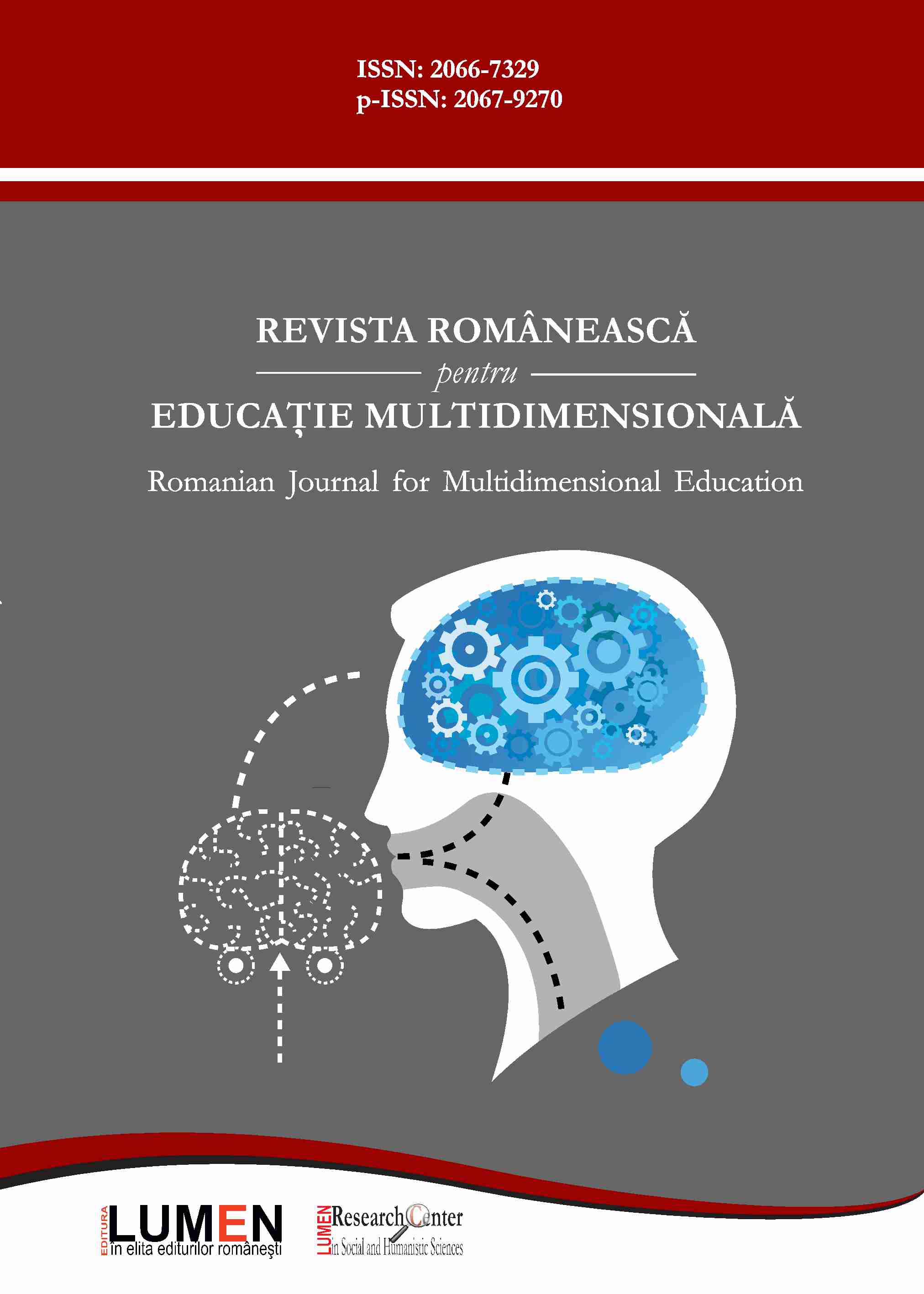Research Paradigm as a Value Guideline for Professional Training of Future Social Workers
Research Paradigm as a Value Guideline for Professional Training of Future Social Workers
Author(s): Oksana Povidaichyk, Valentyna Pedorenko, Anastasiia Popova, Anastasiia Turgenieva, Yuliia Rybinska, Iryna DemchenkoSubject(s): Social Sciences, Education
Published by: Editura Lumen, Asociatia Lumen
Keywords: conceptual principles; research activity; professional training; modern educational practice;
Summary/Abstract: The need for R&D of social workers was due to the development of theoretical and methodological approaches and concepts of social work, the application of which involved the use of specific research tools. It is substantiated that the research subsystem of social work can be represented in the form of a model of the research environment, which reflects the relationship of three components: the social problem, methods of its research and tools for solving. The dialectical nature of social work, as well as the dynamic conditions in which it is carried out, determine a set of socio-economic, managerial and pedagogical factors that actualize the need for research in the social field. It is substantiated that R&D today is an integral element of professional social practice and is implemented both in the process of working with different categories of clients and in administrative and managerial activities. R&D provides adequate social order development of targeted comprehensive programs, projects and technologies of social protection, design and implementation of models of social institutions and services. As a result of a comprehensive study of the problem, the essential characteristics of R&D were clarified, which means the activity of obtaining new scientifically based knowledge aimed at purposeful change of social reality, which is realized in a logical sequence through the use of appropriate forms and methods of scientific knowledge. It is proved that R&D in the system of social work is realized at three levels (reflexive-theoretical, experimental-theoretical and research), each of which involves step-by-step actions (problem definition; hypothesis formulation, choice of research methods and tools; implementation of research plan; evaluation of results) and the use of appropriate research methods.
Journal: Revista Românească pentru Educaţie Multidimensională
- Issue Year: XIII/2021
- Issue No: 3
- Page Range: 530-547
- Page Count: 18
- Language: English

